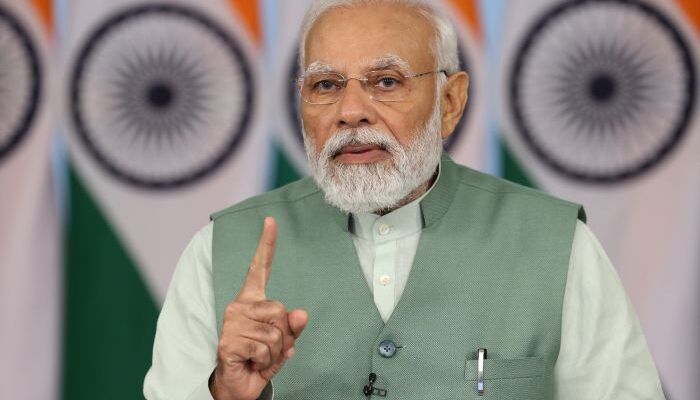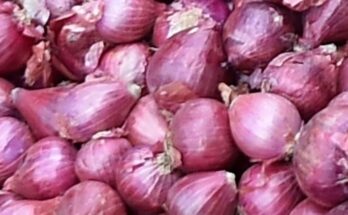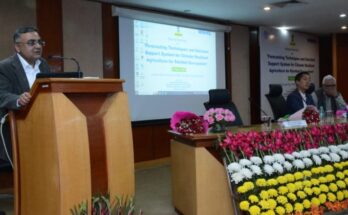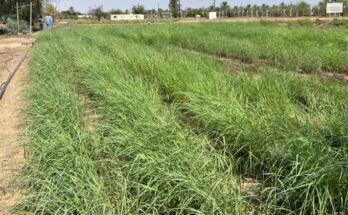Prime Minister Narendra Modi addressed the G20 Agriculture Ministers’ Meet via video message today. The three-day event, starting from June 15, 2023, is being attended by more than 200 delegates from G20 member countries, invited countries and international organisations in Hyderabad.
Addressing the gathering at G20 Agriculture Ministers’ Meet, the Prime Minister welcomed all the delegates to India and remarked that agriculture is at the heart of human civilization. He mentioned that the responsibilities of an agriculture minister are not only limited to handling one sector of the economy but extend towards securing the future of humanity. The prime minister noted that agriculture provides a livelihood for over 2.5 billion people globally and accounts for almost 30 per cent of GDP and over 60 per cent of jobs in the Global South. Underlining the challenges faced by the Global South today, the prime minister stated the impact of the pandemic and the worsening geopolitical tension disrupting the supply chain. He also touched upon climate change causing extreme weather events more and more frequently
Throwing light on India’s contribution to the agricultural sector, the prime minister highlighted India’s policy of a fusion of ‘back to basics’ and ‘march to future’ and said that India is promoting natural farming as well as technology-enabled farming. “Farmers all over India are taking up natural farming now”, the prime minister said. He further added that they are not using synthetic fertilisers or pesticides but their focus is on rejuvenating the mother earth, protecting soil health, producing ‘per drop, more crop’, and promoting organic fertilisers and pest management solutions.
You may also like to read: Enabling climate-resilient agriculture with agritech
At the same time, the prime minister continued, our farmers are proactively using technology to boost productivity and gave the example of generating and using solar power on their farms, the use of soil health cards to optimise crop selection, and drones to spray nutrients and monitor their crops. Modi expressed the belief that this ‘fusion approach’ is the best way to address several issues in agriculture.
The prime minister noted that the year 2023 is being celebrated as the International Year of Millets (IYOM 2023) and said that the dignitaries will find a reflection of this on their plates in Hyderabad as many dishes are prepared based on millets. Modi informed that these superfoods are not only healthy to consume but also help in raising the incomes of farmers as the crop requires less water and fertiliser. Highlighting the history of millets, the prime minister informed that they have been cultivated for thousands of years but due to the influence of markets and marketing, the value of traditionally grown food crops was lost. “Let us embrace Shri Anna Millets as the food of our choice”, the prime minister remarked as he pointed out that India is developing an Institute of Millets Research as a centre of excellence for sharing best practices, research and technologies in millets.
You may also like to read: Technology adoption is key to sustainable regenerative farming
During his address at G20 Agriculture Ministers’ Meet, PM Modi urged the agriculture ministers to deliberate on how to undertake collective action to achieve global food security. He suggested finding ways to build a sustainable and inclusive food system that focuses on marginal farmers and strengthens global fertiliser supply chains. At the same time, the prime minister asked for adopting agricultural practices for better soil health, crop health and yield. The prime minister said that traditional practices from different parts of the world may inspire us to develop alternatives for regenerative agriculture. He emphasised the need to empower the farmers with innovation and digital technology and make solutions affordable for small and marginal farmers in the Global South. He also touched upon the urgent need to reduce agricultural and food waste, while investing in creating wealth from waste.
Concluding the address, the prime minister said, “India’s G20 priorities in agriculture focus on healing our ‘One Earth’, creating harmony within our ‘One Family’ and giving hope for a bright ‘One Future’”. He expressed happiness that work is underway on two concrete outcomes – The ‘Deccan High-level Principles on Food Security and Nutrition’, and the ‘MAHARISHI’ initiative for millets and other grains. “The support for these two initiatives is a statement in support for inclusive, resilient and sustainable agriculture”, the prime minister concluded.
The third day of the G20 Agriculture Ministers’ Meet will conclude tomorrow with the adoption of the outcomes of the Agriculture Working Group and G20 Indian Presidency. The delegation will then proceed for a technical excursion to ICAR-Indian Institute of Millets Research (IIMR), Hyderabad.





